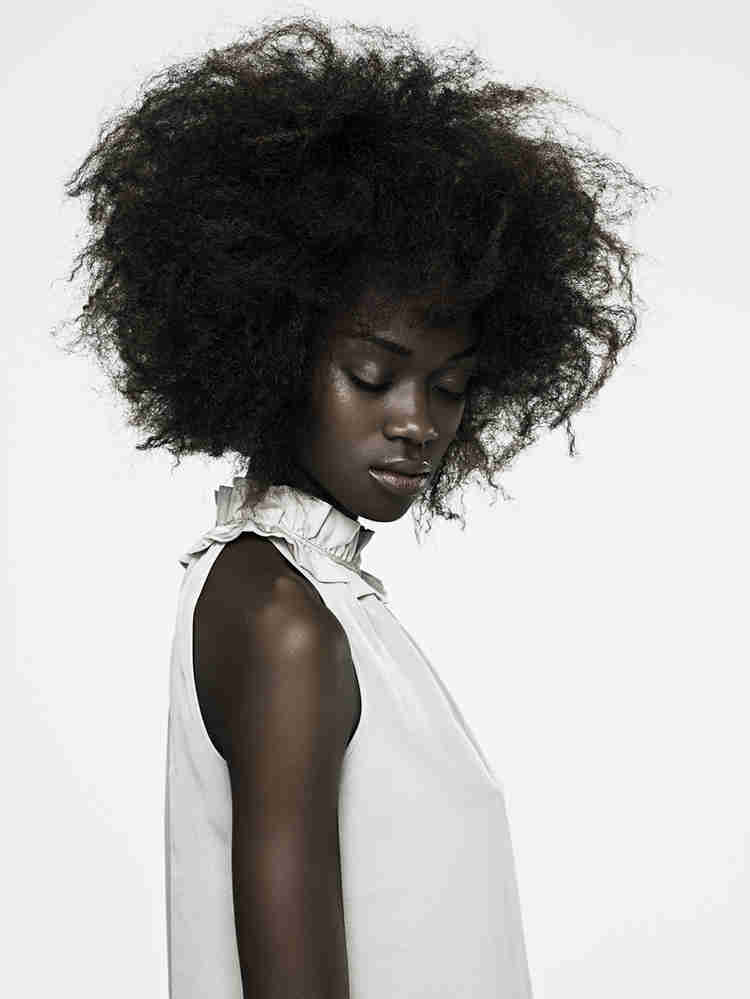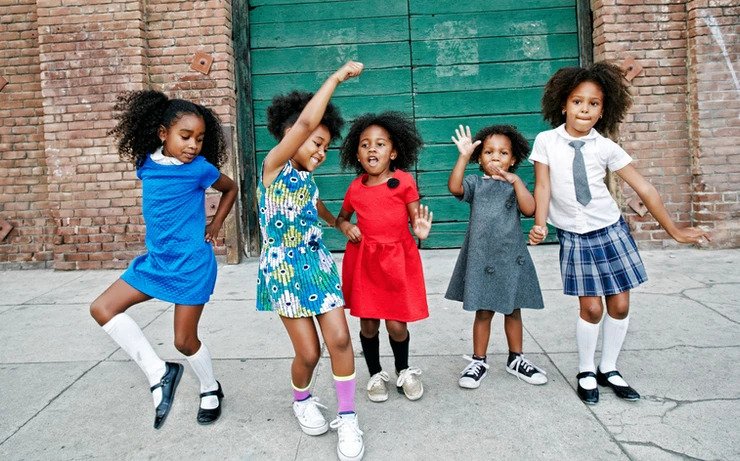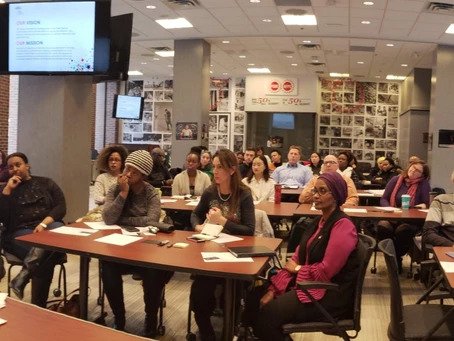By Simone Aba Akyianu

Micro-aggressions are like bee stings.
We can recover from the sting, but we never forget how it feels.
Maybe you rock an Afro, maybe you have curly ringlets, or wear Senegalese twists, box braids, cornrows, locs or Bantu knots. Recently, California and New York State each passed a law to prohibit employees and students from being discriminated against on the basis of hair. As the New York Commission on Human Rights notes, some hairstyles are worn as a “protective style” to maintain hair health. Other styles affirm a sense of community belonging, cultural and racial identity. Legislatures have, in fact, recognized these hairstyles as an “inherent part of Black identity”, inextricably linked to race as a protected human rights ground. I embrace this approach insofar as it amplifies the intersectional and subtle nature of race discrimination.
Discrimination in this manner is a reality for many. Discriminatory rules and informal grooming policies permeate public and private schools, the workplace, sports and even the army. These policies and practices are rooted in a racial bias about whose hair is or is not appropriate, professional and worthy, often resulting in the policing of Black peoples’ hair. Not surprisingly to me and many of my kinky coiled peers, children have been barred from sports, sent to the office or called out by teachers for wearing or styling their natural hair. If I had a dime for every time – in school and in my profession as a lawyer – I was told to wear my hair straight, pulled back, in a bun, without my bandana or African scarf – as if my Black, kinky hair even operates that way (but that’s another story) – I would be rich!
I cannot help but think, how far back this goes? When do we start caring, naming, shaming, differentiating and exoticizing hair?
Short answer: It starts young.
I was watching an episode of the television show Southern Charm – New Orleans (NOLA) a few months back… (don’t judge, I read books, practice law, and binge “reality TV” whenever I can). In the episode, a 9-year old Black girl, explained to her mother why she hated going to school. “Nobody looks like me,” she cried. The little Black girl spoke further about kids at school touching her hair, her brown, kinky and coily dark brown hair.
My own daughter, who is 11, happened to be in the room and told me that kids would constantly touch her hair. It would happen all the time at her old school, a predominantly white school in an upper-middle class neighbourhood in Ottawa, where she was one of a handful of Black kids.

Touching hair, while not the overtly oppressive act of being called a racial slur, can be equally unsettling. In any case, the racial slur is far less common for a kid in the multicultural, seemingly tolerant Canada of today. Touching hair is a micro-aggression, the racist prelude to “well I have one Black friend.” I mean, I know Black hair is wondrous, versatile and sits like a crown for the Queens that we are, but, something else is going on here.
I believe the racialized act of touching Black hair is underscored by a couple dynamics. First, although curiosity in children can and should be encouraged, the incessant need to touch, even before asking, or asking expecting a yes, underscores a sense of privilege in those that dare to touch. It is the privilege to know you can find a hair salon that will and can do your type of hair, to go swimming with your summer camp and not worry about your hair kinking or knotting up if you don’t wash it in time. It is the privilege to blend-in and to act on your fascination with the “Other”.
Second, this fascination with touching Black, kinky, coily hair suggests children, and perhaps their parents, have not meaningfully encountered people with cultures and hair texture that vary from their own. This is unsettling on a whole other level. It points to a racial and cultural gap in kids and parents’ knowledge and their peer groups. While it may seem like flattery to tell someone “I love your kind of hair” – in the same breath as reaching to touch without permission – it is patronizing and frankly dehumanizing to stand there while someone pets you like a dog or stares at you like an artifact in a museum.
I empathize deeply with the little girl from NOLA and all the little Black and other girls with kinky hair. When someone reaches for my hair, it is a signal to others that I am different and that someone is entitled to single me out for that difference. Whether or not it is intentional or mean-spirited, touching calls in other (often unwanted) attention, usually more touching, and sometimes teasing or judgments about how we should or should not wear our hair.
“When someone reaches for my hair, it is a signal to others that I am different and that someone is entitled to single me out for that difference.”
More importantly, when such acts move beyond the presumed innocence of micro-aggression, they can become the basis for distinction and the exclusion of Black and racialized folks from education and employment opportunities. In the legal profession, I am often “encouraged” to change my hair to “fit in” – and land a corporate job. I know all too well the pressure to conform, what I gain and what I give up in doing so. I am acutely aware of our resilience and resistance when we insist on rocking our hair in all its kinky, weaved, braided, coifed, and wild forms. We forge space for authentic self-expression beyond white, Eurocentric norms.
In schools, teachers have a role to play in ensuring their books, learning materials and profiled figures reflect the diversity of our multiracial and multi-textured society. School administrators should be cognizant of this and hire women and men of colour, who rock various hairstyles, so that not any one style becomes normalized as the standard to emulate, while others are stamped out with a badge of inferiority.
In these moments, I think Solange Knowles and other little Black girls are right to sing, “don’t touch my hair, don’t touch my crown.”
Check out our Diversity Library for books celebrating hair.




Hello! I could have sworn I’ve visited your blog before but after going through some of the articles
I realized it’s new to me. Nonetheless, I’m certainly delighted I came across it and I’ll be bookmarking it and checking back frequently!
Howdy! This post couldn’t be written any better!
Looking at this post reminds me of my previous roommate!
He continually kept talking about this. I most certainly will send this information to him.
Fairly certain he will have a very good read.
Many thanks for sharing!
A mother in our school group shared this article and I’m so glad she did! Well written. Speaking of our crowns…no one would dare touch a king or queen aristocratic’s crown lest they be doomed on site. My girls are twins and omg not only the hair…people go for the face! They are so cute, but what on earth gives anyone the right to simply reach out and touch anyone else? It’s just so bizarre to me!